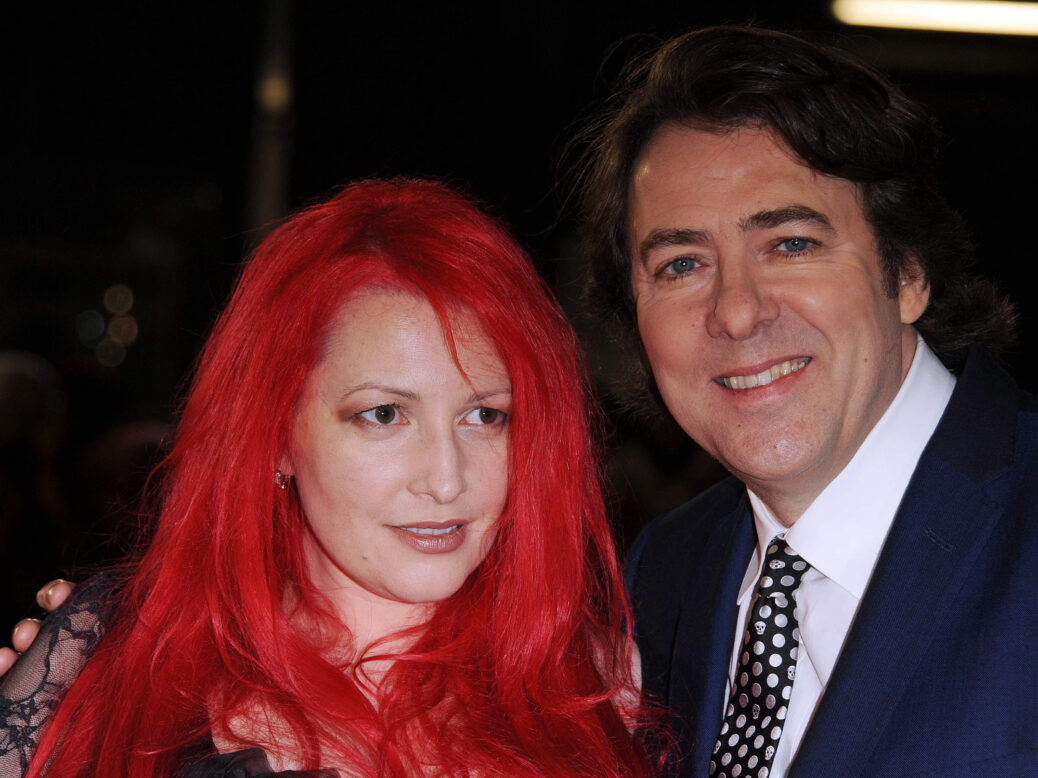
The Hugo awards: have you heard of them? Until Saturday morning, if you didn’t have “SFF geek” or “SFF author” in your Twitter bio then it was probably a no. The Hugo award is a vaguely dildo-shaped silver rocketship awarded to the authors of the best science fiction and fantasy (SFF) works in the previous year. Past winners include Philip K. Dick, Isaac Asimov, Arthur C. Clarke, William Gibson, J.K. Rowling, Michael Chabon, George R. R. Martin, Neil Gaiman – and the list of those who had to do “Leonardo DiCaprio at the Oscars Every Single Time” smiles is no less impressive. The awards have taken place every year bar one, since 1953.
On Saturday morning it was announced that Jonathan Ross would host this year’s ceremony at Loncon 3. By Saturday afternoon you might have heard of the Hugos, but not for the reasons that would have led you to finding new books, new authors, and new ideas. Bleeding Cool have a round up of what happened on Twitter: hurtful names were flung, people were “crying”, and the (vocal contingent of) the SFF community became a childish clubhouse hurling abuse from a crack in the door because they thought he would be mean to them if they let him in. They thought he would make fat jokes, be rude to women, disrespect the community and – as punishment not only for previous gaffes but for gaffes not yet made – he didn’t deserve the honour. Jonathan Ross resigned from his post after being called various words your office internet is likely to block and wished everybody a lovely convention. It was horrific to watch.



